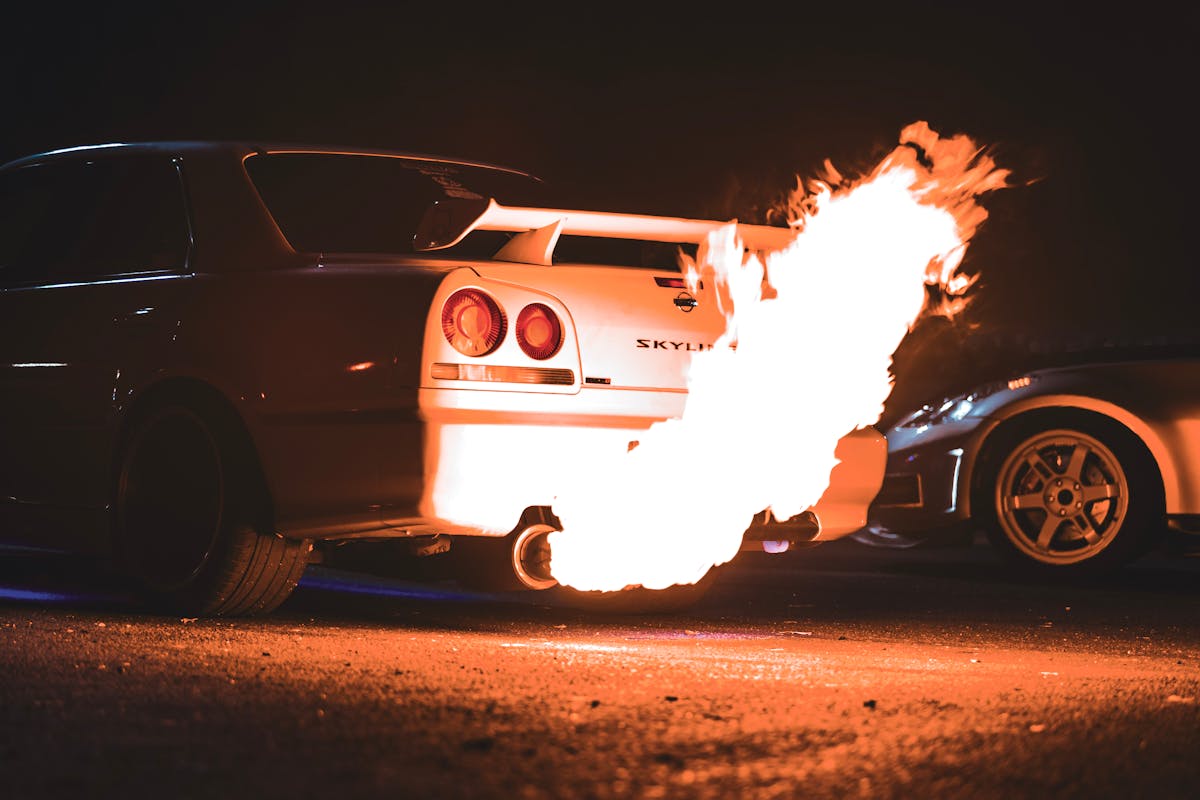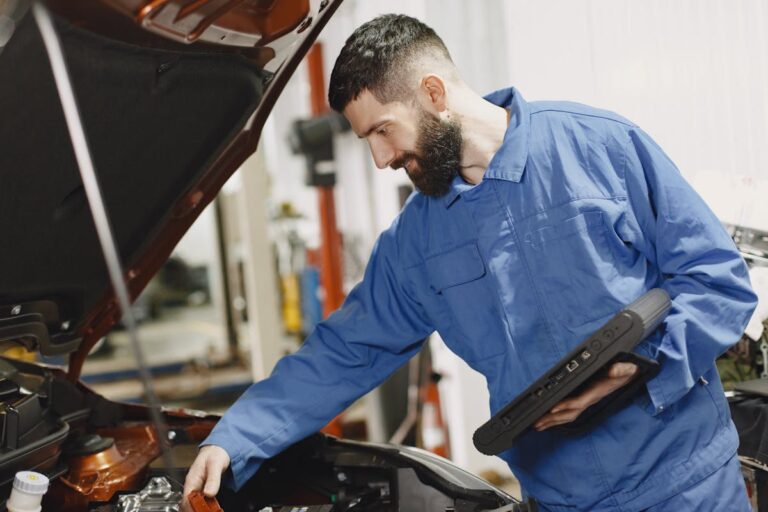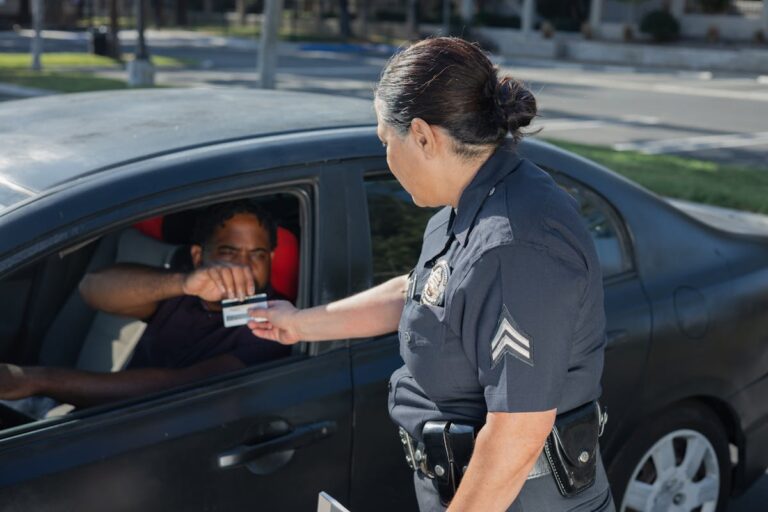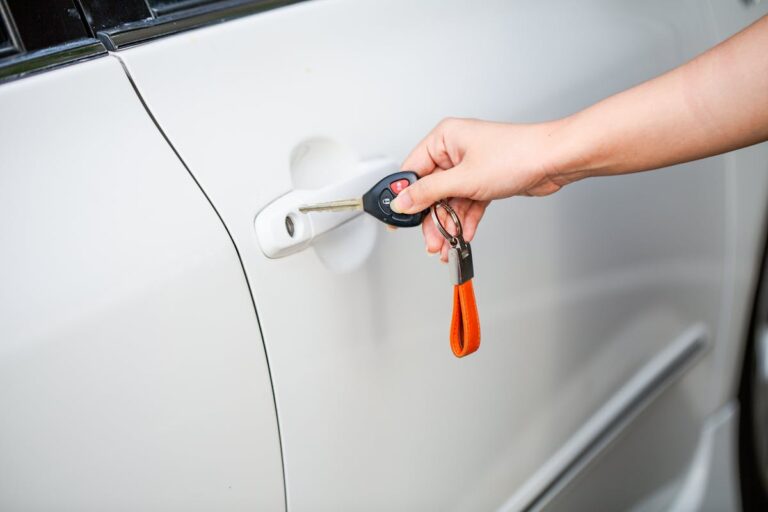Is It Legal to Turbo a Car in California
Turbocharging a car in California is legal as long as it uses California Air Resources Board (CARB)-approved kits with an Executive Order (EO) number and passes smog checks. Non-compliance can result in fines, impoundment, or legal action.
| Requirement | Details |
| CARB Approval | Turbo kit must have an EO number. |
| Emission Compliance | Vehicle must pass smog tests. |
| Professional Installation | Recommended for proper tuning. |
| Consequences of Non-Compliance | Fines, impoundment, or insurance complications. |
Understanding Turbocharging
Turbocharging, a term often associated with high-performance vehicles, is an essential concept in the automotive industry. As an integral part of a car’s engine, turbochargers use exhaust gases to create more power, effectively increasing the overall efficiency of the engine. The benefits of turbocharging are numerous, primarily residing in the areas of fuel efficiency and performance.
Turbocharger benefits include improved engine power and a significant increase in fuel efficiency. By recycling exhaust gases, turbochargers force more air into the engine’s combustion chambers, allowing for a more powerful explosion. This results in a boost in horsepower without a corresponding increase in engine size. Additionally, turbochargers promote better fuel efficiency since smaller, turbocharged engines can provide the same power as larger, naturally aspirated engines, but with less fuel consumption.
However, there are also turbocharger drawbacks to examine. They can cause increased engine wear due to the high temperatures they generate. Moreover, turbochargers may lead to “turbo lag,” which is a delay in power delivery experienced when the turbocharger needs time to spool up. Understanding these pros and cons is vital when reflecting on the legality of turbocharging in various jurisdictions, including California.
California’s Emission Standards
While turbochargers can greatly enhance a vehicle’s performance, it’s vital to take into account the stringent emission standards set by the state of California before deciding to turbocharge your vehicle. California’s strict standards are in place to mitigate the environmental impact of motor vehicles, and any aftermarket modifications, including turbochargers, must comply with these regulations.
The California Air Resources Board (CARB) oversees the enforcement of these emission standards. CARB’s mission is to promote and protect public health, welfare, and ecological resources through the effective reduction of air pollutants while recognizing and considering the effects on the economy.
In terms of aftermarket modifications, CARB mandates that all parts and modifications must carry an Executive Order (EO) number, proving that the product has been tested and does not increase emissions when installed. This includes turbochargers, which have the potential to notably increase a car’s emissions if not properly managed.
Failure to comply with these standards can result in hefty fines and potential legal trouble. As a result, before deciding to turbocharge your vehicle in California, it’s vital to fully understand and adhere to these emission standards. This commitment not only supports legal compliance but also contributes to California’s broader environmental goals.
Legal Aspects of Car Modifications
Maneuvering through the legal landscape of car modifications in California can seem like a challenging task with numerous complexities. The state’s stringent regulations govern modifications ranging from performance upgrades to the use of aftermarket parts, aiming to balance motorists’ interests with environmental considerations.
One of the primary legal aspects revolves around the California Vehicle Code, which stipulates that any alterations should not contravene original equipment manufacturer (OEM) specifications or compromise safety. Consequently, while performance upgrades like turbochargers can be installed, they must meet certain criteria. For instance, the California Air Resources Board (CARB) requires aftermarket parts, including turbochargers, to have an Executive Order (EO) number, indicating that they meet or exceed OEM specifications and do not increase harmful emissions. In case you encounter legal challenges, navigating legal issues after a car accident can offer insights into managing disputes related to car modifications.
Moreover, it’s important to remember that illegal modifications could lead to penalties, including fines and vehicle impoundment. It’s also worth noting that insurance companies may deny claims or increase premiums for vehicles with illegal modifications. As such, it’s advisable for car enthusiasts to thoroughly understand these legal aspects before proceeding with any modifications. As the old adage goes, “Better safe than sorry.”
Turbocharging and Smog Checks
Given the legal implications associated with car modifications, it’s necessary to underscore the relevance of turbocharging and smog checks in California. Turbocharging is a method of boosting an engine’s efficiency and power output. The turbocharger benefits include improved fuel efficiency, increased horsepower, and superior throttle response, all of which contribute to performance enhancements.
However, while these modifications can be beneficial, they also have impacts on a vehicle’s emission levels, which is where smog checks come into play. In California, any modifications that increase a vehicle’s emissions beyond the state’s stringent standards are illegal. Consequently, cars that have been turbocharged must pass smog checks to guarantee that they are still within these limits.
Smog checks involve measuring the number and type of pollutants being emitted from a car’s exhaust. Turbocharged vehicles, due to their increased power and combustion efficiency, can potentially produce more pollutants. Thus, these vehicles may require more careful tuning and maintenance to pass these checks.
Turbo Kits Approved by CARB
The California Air Resources Board (CARB) has established a list of aftermarket turbo kits that are deemed legal for use in California. This list is meticulously updated to guarantee that the turbo kit types comply with the stringent emission standards of the state.
These approved turbo kits provide a legal avenue for car enthusiasts to achieve performance upgrades without breaching the state’s emission laws. They are rigorously tested to ascertain that they do not compromise the functions of a vehicle’s emission control system. The various turbo kit types range from single turbocharger kits to twin turbo and sequential systems. Each of these systems provides varying levels of performance upgrades, so consumers can choose based on their specific needs and preferences.
It is important to note that only turbo kits carrying an Executive Order (EO) number are approved by CARB. This EO number signifies that the kit has undergone and passed the necessary emission compliance testing. Consequently, before purchasing a turbo kit in California, car owners should guarantee that it bears a valid EO number to avoid contravening the state’s emission laws.

Potential Penalties for Illegal Turbocharging
While considering the advantages of turbocharging your car in California, it’s equally essential to understand the potential legal repercussions of illegal practices. The state’s strict regulations on turbochargers could lead to substantial fines and penalties for non-compliance. More severe consequences may even include the risk of vehicle impoundment, thereby emphasizing the importance of adhering to established guidelines.
California’s Turbocharger Regulations
In light of California’s stringent emission standards, the state has established specific regulations surrounding the installation and use of turbochargers in vehicles. These regulations aim to balance the turbocharger benefits and performance enhancements that car enthusiasts seek, with the state’s commitment to reduce vehicle emissions and maintain air quality.
Turbochargers in California are not prohibited; however, they must comply with the state’s laws. The California Air Resources Board (CARB) mandates that any aftermarket turbocharger kit or modification must have an Executive Order (EO) number, which signifies that the product has been tested and does not cause an increase in emissions.
Furthermore, all turbocharged vehicles must pass the Smog Check Program. This program evaluates the amount and type of pollutants the car emits, and the vehicle’s On-Board Diagnostic system. Those who fail to meet these requirements may face penalties.
While the enhancement of vehicle performance through turbochargers is appealing, it is critical for vehicle owners to understand and adhere to these regulations. Failure to comply not only poses potential legal ramifications, but it also undermines the state’s efforts to maintain a healthier environment for all residents.
Consequences of Using Non-Compliant Turbo Kits
Using non-compliant turbo kits in California can result in serious consequences, including hefty fines, failed emissions tests, and possible impoundment of your vehicle. Non-compliant kits violate California Air Resources Board (CARB) regulations, which require all aftermarket parts to meet strict emissions standards. Additionally, driving a car with a non-compliant turbo may lead to denied insurance claims in case of an accident, as well as potential points on your driver’s license for violating state laws. Ensuring compliance with CARB-approved parts protects both your wallet and your ability to legally operate your vehicle.
The specific fines and penalties can vary depending on the nature of the violation. However, they generally fall within the following ranges:
- First-time offenders may face fines ranging from $150 to $1,000.
- Repeat offenders can expect fines from $1,000 to $5,000.
- Severe violations involving commercial vehicles may attract fines up to $10,000.
- In some instances, criminal charges may also be applicable leading to additional fines and potential jail time.
It’s important to note that these penalties are in addition to any repair costs to bring the vehicle back into compliance. Consequently, while turbochargers can greatly enhance a vehicle’s performance, the potential legal and financial consequences make it essential for Californian drivers to ascertain their turbochargers comply with state regulations.
Vehicle Impoundment Risks
Beyond the financial penalties, drivers who turbocharge their vehicles illegally face the risk of vehicle impoundment. This risk is not merely a temporary inconvenience; it carries significant financial and legal repercussions.
Vehicle impoundment usually involves a mandatory period of vehicle storage, during which the driver is responsible for daily storage fees. These fees can quickly accumulate, creating a substantial additional financial burden, particularly if the period of impoundment is prolonged. Additionally, the vehicle may be subject to a lien sale to recover unpaid storage fees, further exacerbating the financial loss to the owner.
Moreover, vehicle impoundment can have severe insurance implications. An impoundment record may be treated as a serious mark against a driver, leading to increased insurance premiums. Some insurance companies may even refuse coverage altogether for drivers with such infractions, posing further difficulties.
Keeping Turbocharged Cars Legal
Maneuvering the legal landscape of turbocharging vehicles in California can be complex, with the state’s stringent emission standards playing a pivotal role. Consequently, compliance with these standards is essential for keeping turbocharged cars within the purview of the law. In this section, we will provide tips to guarantee that your turbocharged vehicle adheres to these standards, thus mitigating any potential legal complications.
California Emission Standards
Often, car enthusiasts in California face challenges in modifying their vehicles due to stringent emission standards. Turbocharging a vehicle can greatly enhance its performance, but it must comply with the state’s emission regulations to be considered legal. As a result, understanding California’s emission standards is vital for those seeking to safely and legally boost their auto’s performance with a turbocharger.
California’s emission standards are renowned for being among the strictest in the United States. They’re designed to control harmful pollutants from vehicles, thus protecting the environment and public health. The state’s Bureau of Automotive Repair (BAR) oversees emission testing, ensuring that vehicles meet these standards.
Here are some key points to remember about these regulations:
- Vehicles are generally required to undergo smog inspection every two years.
- Newer model vehicles may be exempt from biennial testing.
- If a vehicle fails an emissions test, repairs must be made to comply with standards.
- Modifications, including turbocharging, must not increase a vehicle’s emissions beyond allowable levels.
How to Install a Turbo Legally in California
To legally install a turbo in California, the part must be approved by the California Air Resources Board (CARB) and carry an Executive Order (EO) number. This EO number indicates the turbo meets CARB’s stringent emissions standards and is street legal. Before purchasing, verify the EO number on the CARB Performance and Add-On Parts Look-Up database to ensure compliance. Proper installation by a professional is also essential to avoid penalties and ensure the turbo operates within legal and safety standards.
Steps to Turbocharge a Car Legally
- Research and purchase a CARB-approved turbo kit with an EO number.
- Have the kit installed by a professional mechanic.
- Pass a smog check at an authorized station.
- Maintain proper tuning to comply with emission standards.
- Always retain documentation proving your turbo kit’s compliance for inspections.
Frequently Asked Questions
Yes, if you use CARB-approved kits and the modifications meet emission standards.
These are aftermarket kits tested and approved to comply with California’s emission laws and carry an EO number.
You may face fines, vehicle impoundment, and denied insurance claims.
Turbocharging a car can increase fuel consumption due to the performance impact. However, the turbo efficiency can mitigate this effect, allowing for enhanced engine performance without significant increases in fuel use.
Installing a turbocharger can indeed enhance the overall value of your car, given the significant turbo benefits such as improved car performance and increased horsepower. However, the value increase will depend on the car’s make and condition.
Turbocharged cars require vigilant maintenance for peak performance. Key aspects include regular oil changes, cooling system checks, and periodic inspection of the turbo system. Performance upgrades may necessitate additional, specialized care for longevity and efficiency.
Yes, a turbocharger can generally be installed in any car model. However, turbocharger compatibility and the potential for performance upgrades depend on specific engine characteristics, technical specifications, and the vehicle’s overall mechanical condition.
Insurance policies vary greatly, but many may not cover damages caused by aftermarket modifications like turbochargers. It’s important to consult your specific policy or insurance provider for accurate information regarding coverage for such modifications.
Summary
Turbocharging your car in California is legal, provided you use CARB-approved kits and ensure compliance with the state’s emission standards. Regular maintenance and documentation are essential to avoid fines or legal issues.






